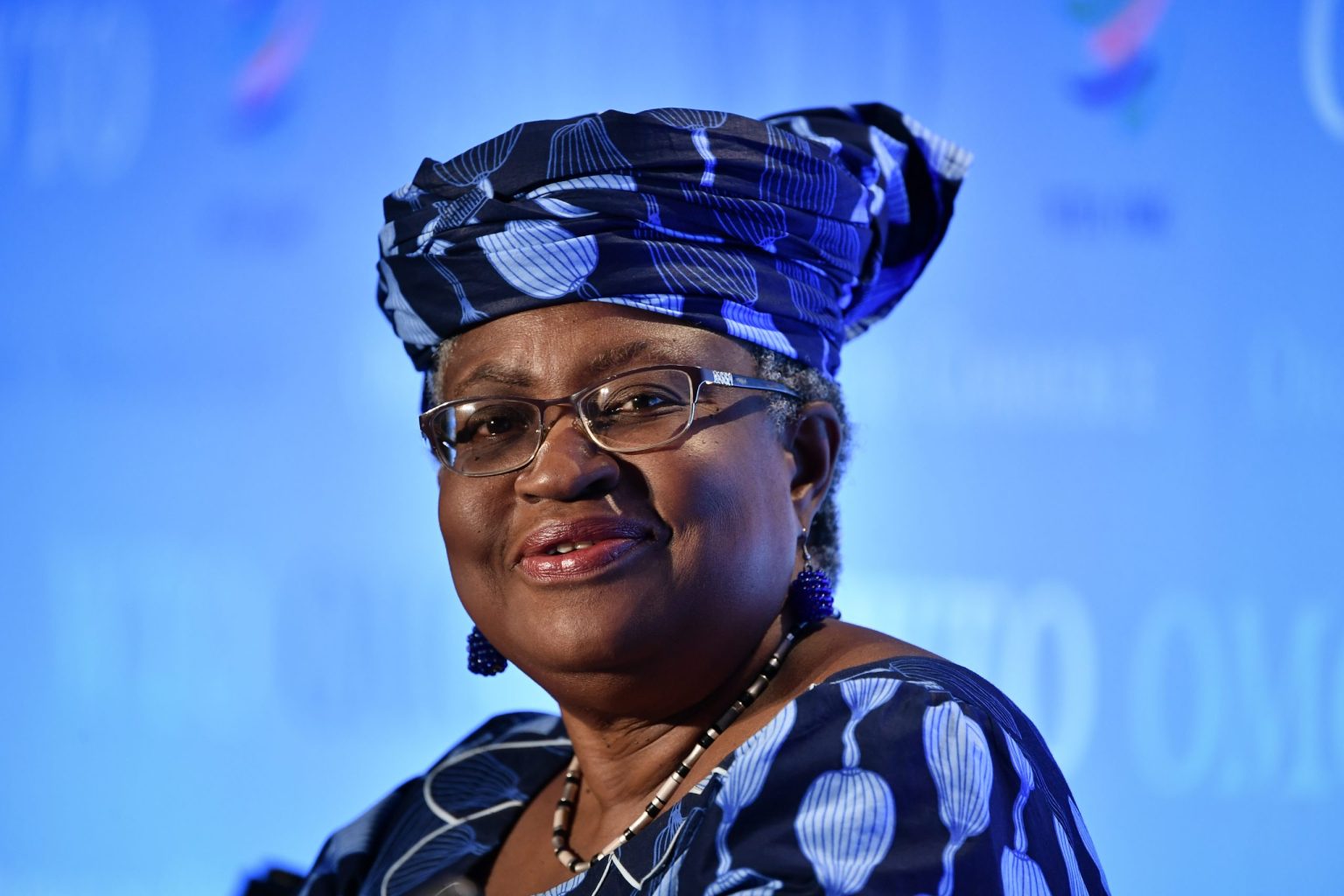At a recent roundtable held during the World Bank Group and International Monetary Fund annual meetings in Washington DC, Ngozi Okonjo-Iweala, the Director-General of the World Trade Organisation (WTO), highlighted the crucial role of supply chain finance in empowering small businesses, particularly in developing countries. Okonjo-Iweala underscored that enhanced access to supply chain finance is essential for small businesses to effectively expand their operations and contribute to broader economic growth. Her comments were made in the context of discussions among leaders of multilateral development banks, emphasizing the need for collaborative efforts to enhance financial access.
Okonjo-Iweala elaborated on the importance of integrating small businesses from developing nations into the global trading system through improved access to supply chain finance. She praised the advancements made in collaboration between the WTO and the International Finance Corporation (IFC), particularly in promoting supply chain finance initiatives designed to facilitate this integration. Focused discussions led to next steps being outlined for multilateral development banks to expand financing mechanisms that support small enterprises, which play a pivotal role in economic resilience and innovation.
During the discussion, Okonjo-Iweala cited significant progress achieved by the WTO-IFC partnership, which has worked diligently over recent years to enhance access to supply chain finance through various initiatives. These include establishing principles for green trade finance, digitalizing trade finance processes, promoting services from correspondent banks, and providing technical assistance to small businesses. This ongoing effort underscores the necessity of evolving trade finance frameworks to meet the needs of modern economies, thereby fostering greater international trade participation among small enterprises.
Despite the overall growth in trade finance, which saw multilateral development banks increase support from $30 billion annually before the COVID-19 pandemic to nearly $50 billion last year, Okonjo-Iweala noted that small businesses in developing countries have not fully reaped the benefits. These businesses often face significant obstacles, including inadequate legal frameworks, limited technological infrastructure, and high financing costs that hinder their ability to engage in and compete within global markets. Addressing these challenges is vital for enabling small businesses to thrive and contribute positively to their economies.
Okonjo-Iweala also pointed to research conducted by the WTO, highlighting the substantial potential for small businesses to grow through increased access to supply chain finance. She stated that a mere 10 percent rise in the utilization of international factoring—the primary type of supply chain finance employed by small businesses—could result in a 1 percent increase in national trade. This insight reinforces the importance of diversifying financing products available to small businesses, as it plays a significant role in improving their trade capacities and overall economic contributions.
Ultimately, Okonjo-Iweala’s comments reflect a broader vision for making global trade more inclusive and competitive, especially for small enterprises that are often disproportionately affected by existing financial barriers. By enhancing access to supply chain finance and working towards a more equitable trading environment, it is possible to achieve greater gains from trade that bolster development and aid in poverty reduction efforts. The commitment of multilateral development banks and the WTO to this cause could pave the way for more significant economic empowerment for small businesses, fueling sustainable growth and innovation across borders.














